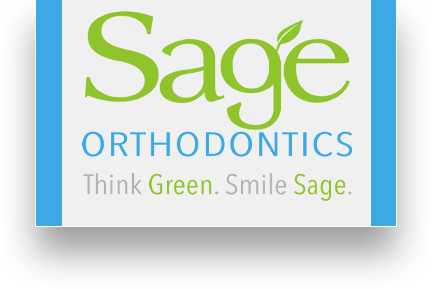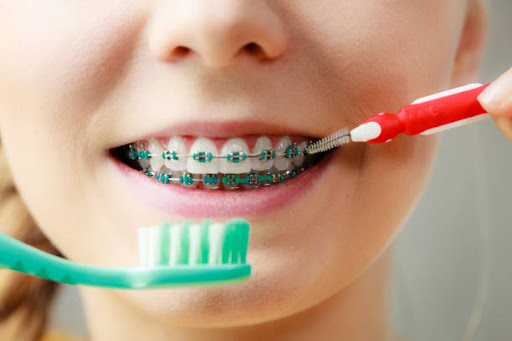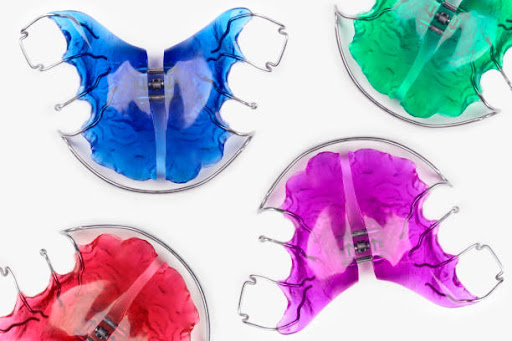If you are seeking a time-tested orthodontic solution to straighten your teeth and improve your smile, you may want to consider traditional metal braces. In today’s world, braces are smaller, less noticeable, and more comfortable than ever before! You can achieve the smile you’ve always wanted with the help of our trusted orthodontic team.
Braces: What Are They and How Do They Work?
Traditional metal braces are the most affordable, durable, and effective method for straightening your teeth and improving your appearance. Metal brackets are attached to the front of your teeth, and flexible wires or archwires connect the brackets. It is common for braces to include rubber bands or metal ties that connect the brackets to the wire, creating more pressure to straighten your teeth.
With braces, you can align your teeth by applying just the right amount of pressure. Below the teeth, gums, and bones is a membrane that moves in response to pressure and gradually repositions itself. The bones under the teeth are also altered in shape, gradually shifting your teeth into the desired position. As your teeth move into place, bone and tissue grow in the space left behind, which, combined with the use of a retainer, helps preserve your new smile.
Traditional braces correct what conditions?
Almost any orthodontic concern can be corrected with traditional braces, including gapped, crowded, or severely misaligned teeth. Additionally, they can correct problems with the bite, including underbites, crossbites, open bites, and overbites. For complicated orthodontic cases, traditional braces are the best option due to their effectiveness and versatility.
What is the best way to keep your braces clean?
Keeping your mouth healthy is important for everyone, but especially for those who wear braces. Start your cleaning routine by rinsing your mouth to remove any loose food particles. Using a soft-bristled brush, angle it to remove any food that has accumulated on the top of your brackets and brush along your gum line. Be sure to brush your teeth from the bottom of your brackets upward and to brush each tooth, front and back. To prevent food particles from becoming trapped in your mouth, rinse your mouth after every meal or snack.
You should also floss regularly. You can use a floss threader or floss picks, whichever is easier for you. Feed your floss between your teeth and under your wires. You shouldn’t tug on the floss when it’s under a wire. If any loose food debris remains in your mouth, rinse it away with water. You may also benefit from using an irrigator to keep your mouth clean.
Get in touch with our friendly orthodontic team to learn more about straightening your teeth and perfecting your smile with traditional braces. We are dedicated to providing our valued patients with a lifetime of beautiful smiles. Make an appointment with our orthodontic office today.








